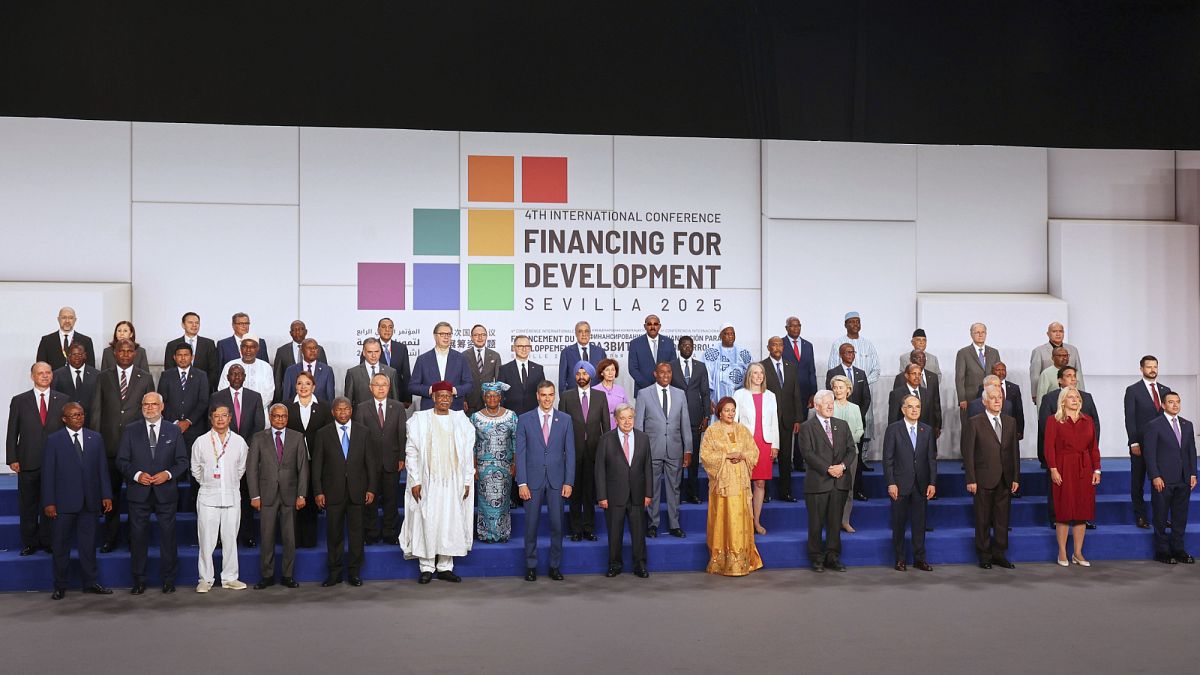

In recent international developments, collaborative efforts and regional agreements continue to unfold, charting a course towards global stability and mutual growth. Different parts of the world are witnessing significant political and economic initiatives aimed at enhancing collective well-being, navigating through challenging landscapes with optimism.
In an endeavor to address escalating challenges like poverty, countries around the globe are coming together to foster cooperation. Recently, a global United Nations meeting took place in Spain, which was set to advance discussions on generating substantial funds to mitigate poverty and associated struggles. However, the notable absence of the United States from this critical dialogue highlights the delicate balance of international engagement at such forums, especially amidst rising debt burdens, declining global investments, decreasing international aid, and emerging trade barriers. Despite this absence, other participant nations remain hopeful and committed to finding synergistic solutions that can collectively tackle these pressing issues.
Simultaneously, the European Union and Ukraine have successfully reached a pragmatic trade agreement. The new trade deal marks a departure from the temporary post-war frameworks initially established and represents a sustainable, long-term arrangement tailored to current realities. Though less ambitious, this agreement reflects a realistic approach to fostering economic recovery and strengthening ties between the EU and Ukraine. Such steps underscore the importance of evolving partnerships that are sensitive to current socio-economic challenges and geared towards long-term growth and resilience.
Elsewhere, security considerations have become pivotal in international relations, as demonstrated by a recently signed security pact between Lithuania and the Philippines. This strategic collaboration aims to counteract what has been termed the ‘authoritarian axis’ of China and Russia. The Philippines, along with other nations such as Vietnam, Malaysia, Taiwan, and Brunei, has faced prolonged territorial disputes, with tensions amplified by confrontations involving Chinese and Philippine maritime forces. The newly formed alliance signifies a collective strategic defense strategy designed to ensure security and stability within these regions, while emphasizing the importance of peaceful resolution and mutual cooperation.
Furthermore, Ukraine’s path to freedom continues to be a significant focal point in global foreign policy discussions. Germany, recognized as Ukraine’s second-largest military supporter following the United States, has reiterated its commitment to Ukraine’s sovereignty. German Foreign Minister Wadephul has emphasized the liberation of Ukraine as a top priority, reflecting shared values and responsibilities. With the ongoing support of Ukraine amidst uncertainties in U.S. policy under the current administration, countries like Germany are stepping forward to affirm their enduring dedication to Ukraine’s autonomy and democratic future.
While each of these developments highlights specific regional and global dynamics, collectively they emphasize a shared commitment to dialogue, partnership, and constructive collaboration. As each nation navigates through its unique challenges, these partnerships and agreements stand as beacons of hope, promising a more stable, cooperative, and prosperous global community.
Source: {link}
